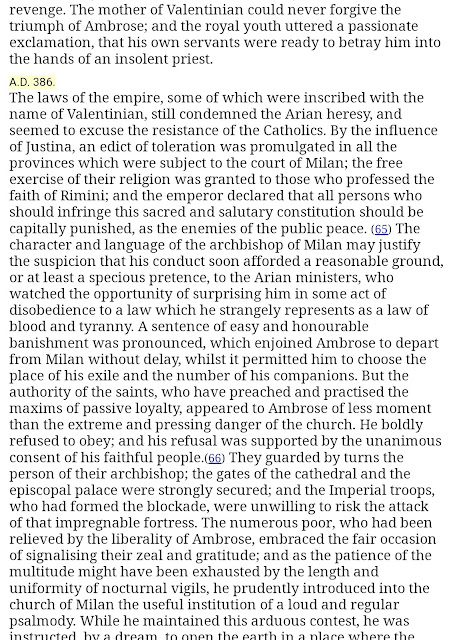From Christopher Clark's Iron Kingdom: The Rise and Downfall of Prussia, 1600-1947, Chapter 5:
This account reminds me of the history of Methodism. The idea of religious reform is always so attractive as it involves replacing a dead, formal, stuffy religious practice with lively, heart-felt Spiritual energy (as is supposed). But these movements seem to end in the same way. After a sense of progress and unity for a time, in which love and duty to fellow creatures dominate and replace concern for doctrinal purity, the movement ends, untethered to anything of substance, leaving an all-too-obvious degeneration and regression in religion. What promised to be reform and improvement, is shown to be devilish. It is a warning to the true church to proceed cautiously in all new ideas and suggestions for progress. Doctrine must be maintained, or you will end up with nothing. The early history of Methodism is thrilling. Look at them today. The Baptist history of missions can be told in a thrilling way too. Look at the Southern Baptist Convention today. Look even at the independent fundamental Baptist Churches today. I would not be a member in any of these denominations mentioned. They are blown adrift by anything now. Look at the conservative Bible schools founded over the past hundred years or so. They are liberal and compromising and ceding Biblical authority with new translations from corrupt texts. The pentecostal and tongue-speaking groups today are still in the early phase, but it is already turning to rotten fruit. I assume that those who rely too much (at all) on the will of man are impervious to my ideas.
The church needs to be revived. But just as in salvation, the efforts of man are worse than futile. Only the Lord can bring legitimate energy to the church, and the only route and influence that man may justly and Biblically take is in the labor and sweetness of prayer.
.png)
.png)
.png)
.png)
.png)
.png)
.png)
.png)
.png)
.png)
.png)
.png)
.png)
.png)
.png)




